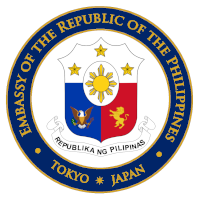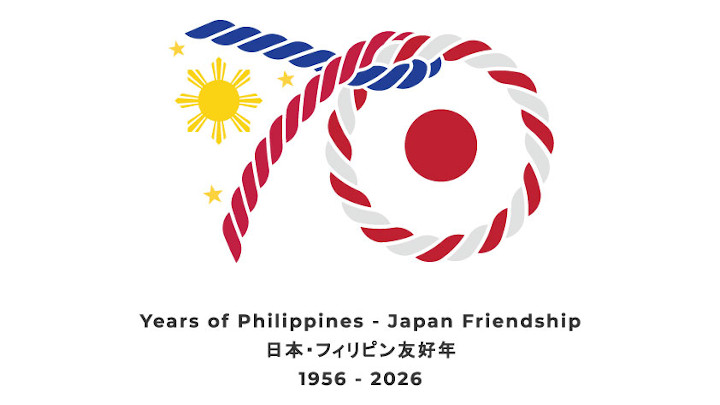- ホーム
- フィリピン大統領
- フィリピン外務長官
- 特命全権大使
- フィリピン大使館
- 領事部
- 申請業務
- 査証(ビザ)
- パスポート
- (English) New Application ( Adult )
- (English) New Application ( Minor )
- (English) Renewal Application ( Adult )
- (English) Renewal Application ( Minor )
- (English) Special Cases ( Lost Passport, Assumed Identity, Mutilated Passport )
- (English) Travel Document
- (English) List of Acceptable IDs for Philippine Passport Application
- 各種登録手続き
- 公証業務
- その他
- アポスティーユ
- (English) Recognition as a Filipino Citizen
- フィリピン国籍者の遺体搬送
- 遺骨をフィリピンへ持参する場合
- メディア関係者適格認定申請ガイドライン
- PSAデリバリーサービス
- (English) Registration of Filipino Community Organizations With The Philippine Embassy in Tokyo
- (English) Legal Assistance in the Philippines
- (English) DSWD Guidelines for Minors from the Philippines Traveling Abroad
- (English) Assistance To Nationals Corner
- フィリピン領事館
- 申請費用
- 申請用紙ダウンロード
- 申請業務
- 関連省庁
- 連絡先
- Follow us:



























